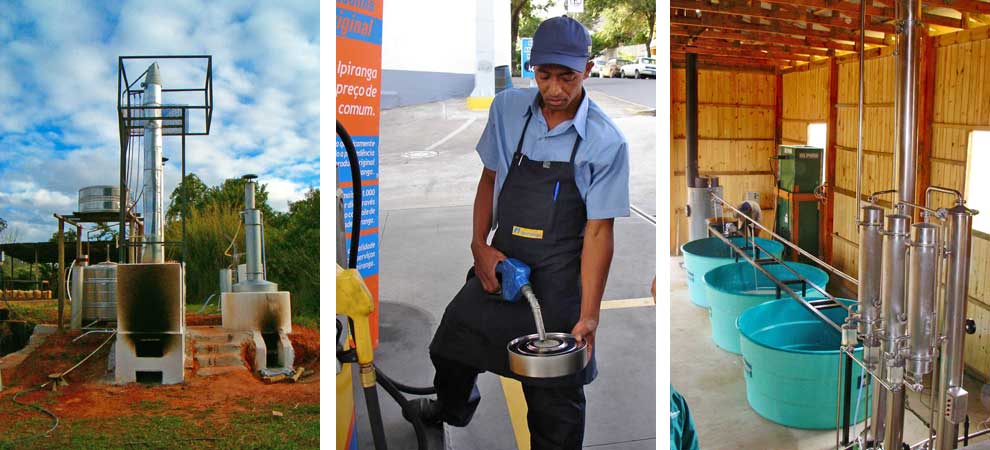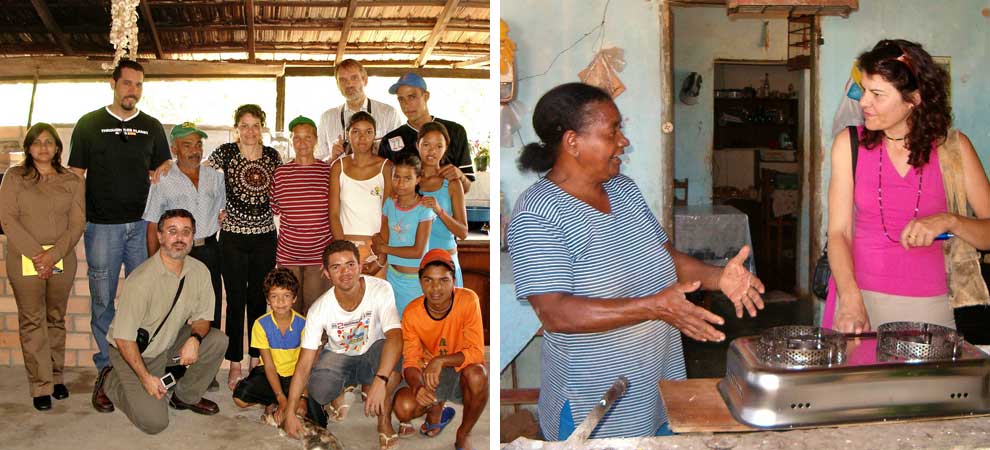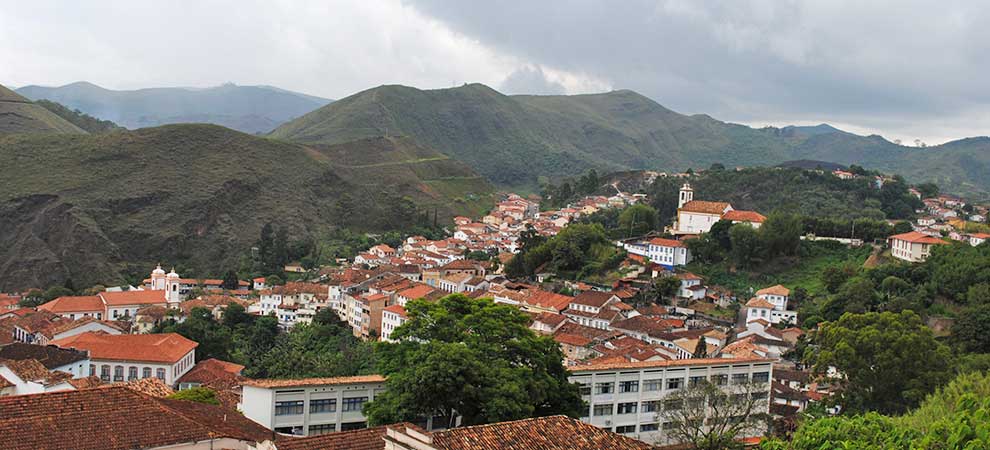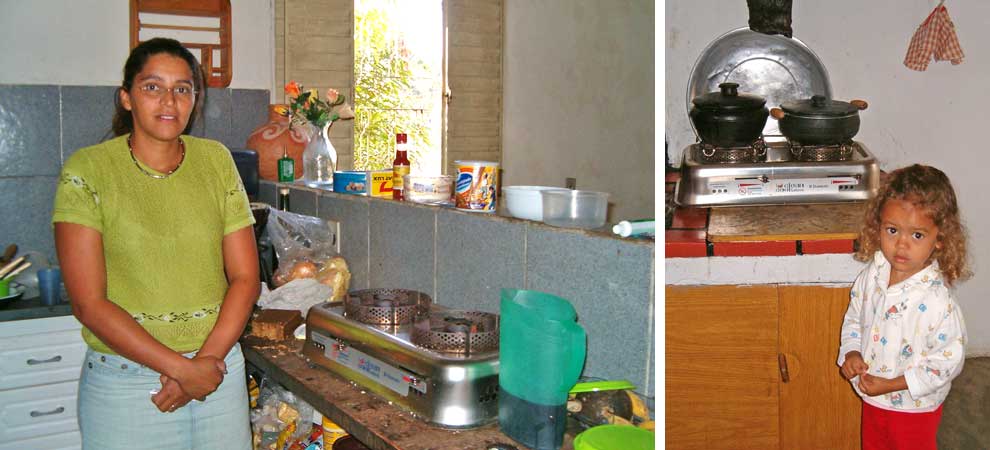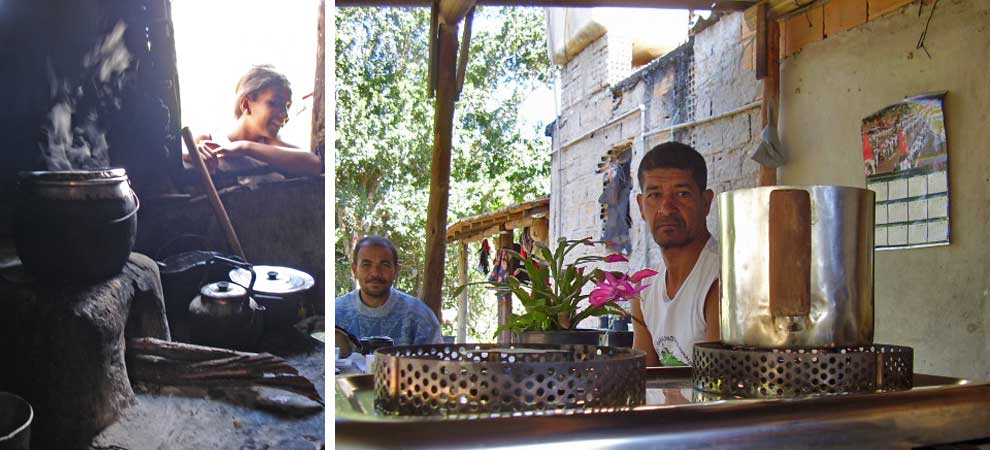An Energy Role Model
Brazil is a world leader in creating clean energy from renewable crops. The Brazilian “Pro-Alcohol” movement, born in the 1970’s, dramatically reduced Brazil’s reliance on petroleum. Today, Brazil is considered the most successful biofuels-based economy. The financial and environmental gains of switching to ethanol are huge – Brazil’s energy vision has reduced net greenhouse gas emissions by 80 to 90%.
We believe Brazil’s success in the transportation sector can be replicated for the global household fuel market. Ubiquitous sugarcane and small-scale distilleries mean a clean, reliable energy future. We are working to replicate this model around the world.
Fuel When You Need It
Project Gaia studied the acceptance of the CleanCook ethanol stove in different urban and rural households in the state of Minas Gerais, Brazil between 2006-2007. Because LPG was too costly for low-income families, most households in the study had been using firewood for cooking. In some areas, woodfuel collection is banned.
Participating families could get fuel for cooking easily and cheaply at the gas pump. Households found ethanol easy, safe and affordable to use. The ability to buy ethanol in small quantities, rather than being forced to purchase large canisters of LPG, was most beneficial to low-income households.
Brazil’s strong social policies have helped to lift families out of poverty and increase access to energy. As Brazil develops, we are working to replicate the Brazilian model in other project sites.
Our work in Brazil continues in partnership with Prolenha.
Fact: More people die from Household Air Pollution (HAP) each year than HIV/AIDS and malaria combined.
About Brazil
- Population | 198 million
- 21-26 billion liters ethanol produced annually
- 21.4% living under poverty line
- 30% use biomass resources
- 40% deforested
Our Work
- Ethanol Stove Study
- Policy Recommendations
- Microdistillery Project
- Supply Chain Mapping

